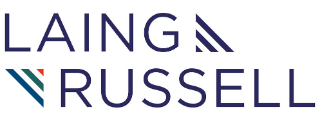coaching
Career ABC – Always be Curious
Encouraged by our marketing colleague to use this month’s insight post to reflect on career. We landed on this riff off of that famous speech of Alec Baldwin’s character in the movie Glengarry Glen Ross. And rather than “always be closing” we would say with your career always be curious. The first thing that struck us…
Read More
